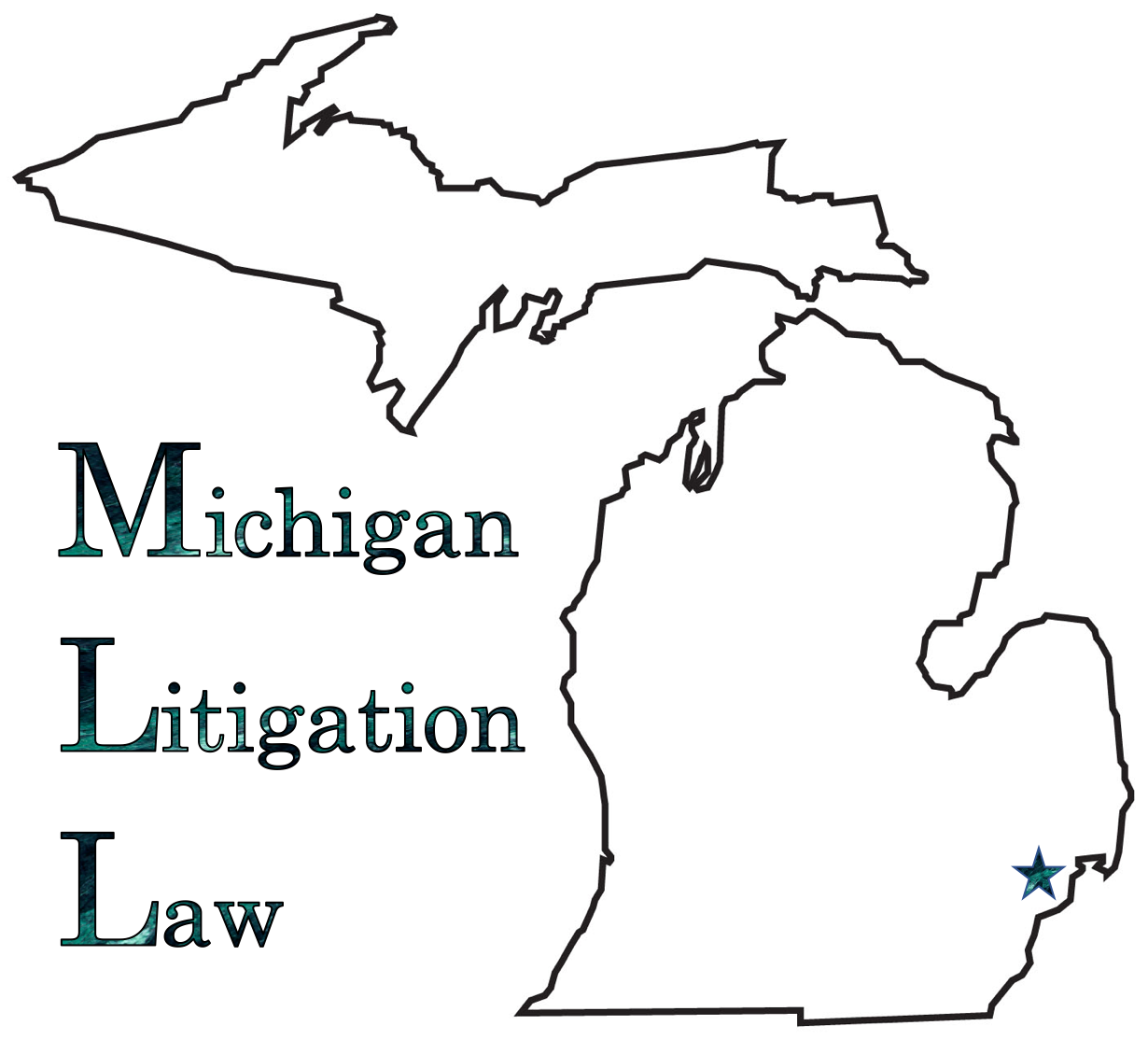US Supreme Court leans toward Starbucks in the case of pro-union workers
U.S. Supreme Court justices on Tuesday signaled support for Starbucks (SBUX.O), in the coffee chain's challenge to a judicial order requiring it to rehire seven employees at a Memphis cafe who were fired as they pursued unionization.
The justices heard arguments in the Seattle-based company's appeal of a lower court's approval of an injunction sought by the U.S. National Labor Relations Board (NLRB) ordering reinstatement of the workers. The case could make it harder to quickly halt labor practices challenged as unfair under federal law while the NLRB resolves complaints.
The dispute centers on the legal standard that federal courts must use to issue a preliminary injunction requested by the NLRB under a federal law called the National Labor Relations Act. Such orders are intended as an interim tool to halt unfair labor practices while a case proceeds before the board.
Under that law's section 10(j), a court may grant an injunction if it is deemed "just and proper."
Starbucks has argued that the judge who granted the injunction should have used a stringent four-factor test to weigh the bid for an injunction, as courts typically do in non-labor disputes. This test includes an assessment of whether the side seeking relief would suffer irreparable harm and is likely to succeed on the merits of the case.
Some justices appeared to agree that courts, not the NLRB, should have the primary role in determining the likelihood of success in a case before issuing an injunction.
Conservative Justice Neil Gorsuch told Justice Department lawyer Austin Raynor, who was defending the Starbucks injunction, that other federal agencies are subject to the stricter standard.
"In all sorts of alphabet soup agencies, we don't do this," Gorsuch said, using a term describing agencies known by their initials. "District courts apply the 'likelihood of success' test as we normally conceive it. So why is this particular statutory regime different than so many others?"
Liberal Justice Elena Kagan pressed Raynor to explain "why courts should apply a lower standard."
Raynor said the reason is "structural" because in unfair labor disputes, Congress intended through the National Labor Relations Act for the NLRB to be the primary adjudicator, not the courts.
"But it also gave this power over injunctions to the court," Kagan replied.
Starbucks contends that if the lower courts had applied stricter criteria, this case would have come out differently, opens new tab.
About 400 Starbucks locations in the United States have unionized, opens new tab, involving more than 10,000 employees. Both sides at times have accused the other of unlawful or improper conduct.
Hundreds of complaints have been filed with the NLRB accusing Starbucks of unlawful labor practices such as firing union supporters, spying on workers and closing stores during labor campaigns. Denying wrongdoing, Starbucks has said it respects the right of workers to choose whether to unionize.
In a break from the acrimony, both sides in February agreed to create a "framework" to guide organizing and collective bargaining and potentially settle scores of pending legal disputes.

